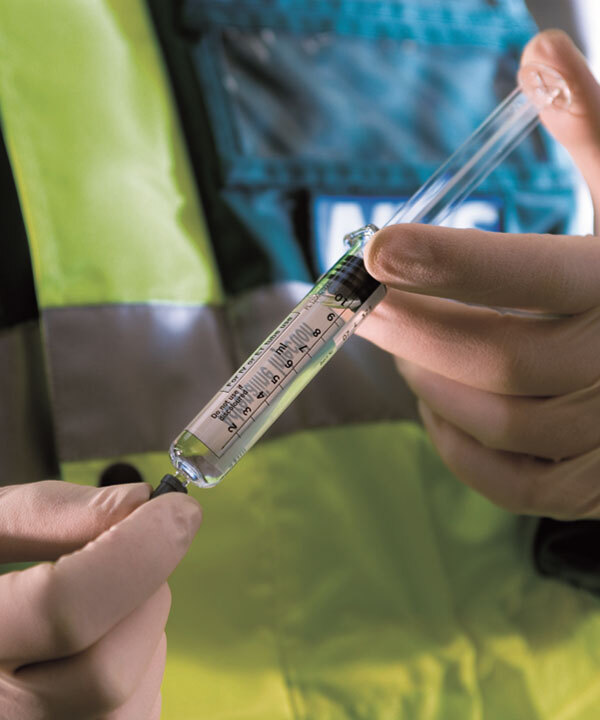Ethypharm offers a broad range of high quality medicines for use in critical care
Thanks to our longstanding expertise in sterile development and manufacturing, Ethypharm markets a broad range of injectable drugs for life-threatening emergencies that require immediate and fast intervention, such as heart attacks, convulsions, hypotension as well as poisoning.
Our medicines come in two forms : glass ampoules and pre-filled syringes (PFS). These are typically administered at a hospital by anaesthesiologists, surgeons or internal medicine specialists, in operating rooms, intensive care or high dependency units.
First responders also administer these medicines in the community, on ambulances for example, where the pre-filled syringe is particularly well suited.
Our products assist NGOs in disaster situations
Many of our critical care products are on the WHO list of essential medicines.
We serve governmental and non governmental organisations (NGOs) such as MEG (Medical Export Group), IDA Foundation and MSF (Médecins sans Frontières) all around the world.

Pre-filled syringes (PFS)
In an emergency situation, every second counts and healthcare professionals are under immense pressure. Our range of pre-filled syringes have been designed with healthcare professionals and patients in mind, to enhance ease of use and to aid patient care.
The usage of PFS in critical care is increasing in hospitals and in ambulances for reasons such as:
- To limit mistakes during administration
- To administer medication quickly
- To reduce risks related to drug preparation
- To reduce drug wastage
- To save healthcare professionals' time
Looking into the future, we know that there is still room for improvements in the emergency setting. If you are a critical care specialist and wish to discuss your challenges with our R&D team, we will be more than happy to assist you.
Contact us